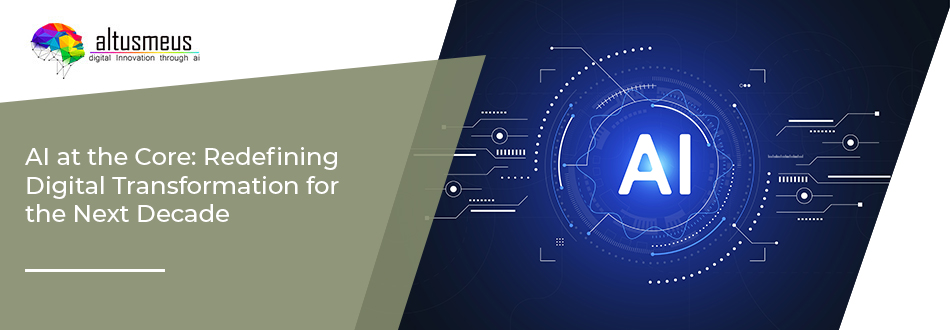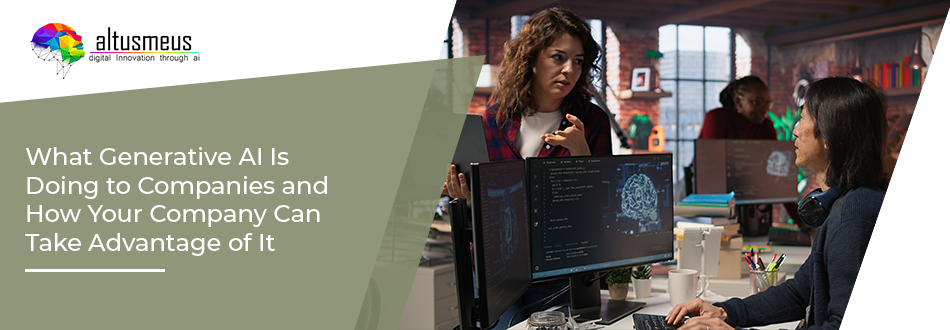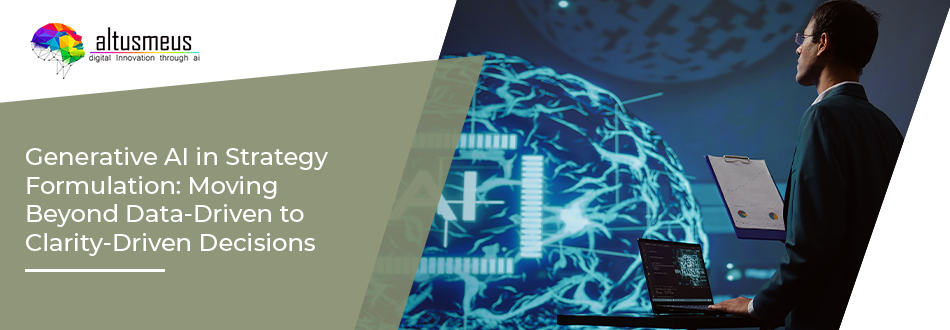Artificial Intelligence (AI) is no longer a futuristic concept, it’s the engine powering business in the present. From e-commerce platforms recommending products to banks detecting fraud in real time, AI has quietly become the core technology shaping how organizations operate and compete.
Today, almost every digital platform businesses rely on, cloud services, customer engagement tools, supply chain management software, or predictive analytics, has AI woven into it. AI makes these systems smarter, faster, and more efficient, turning raw data into actionable insights and repetitive tasks into automated processes.
This is why AI isn’t just another tool in the digital transformation toolkit, it’s at the very heart of it. And more importantly, AI is not only transforming businesses right now, but also laying the foundation for how organizations will thrive over the next decade.
Why AI is at the Core of Digital Transformation
1. Driving Smarter Decisions
Digital transformation is about using technology to improve operations and create new value. AI takes this further by enabling businesses to make better, data-driven decisions. For example, retailers can use AI to predict demand, optimize pricing, and manage inventory. Healthcare providers can leverage AI to analyze patient records and recommend treatments with greater accuracy. Without AI, these insights would be slow or impossible to generate.
2. Powering Efficiency and Automation
Efficiency is one of the biggest promises of digital transformation. AI delivers it by automating repetitive, time-consuming tasks. Chatbots handle basic customer queries, machine learning models streamline loan approvals, and AI algorithms optimize delivery routes. This doesn’t just reduce costs, it frees human talent to focus on innovation and problem-solving.
3. Personalizing Customer Experiences
Today’s customers expect more than a good product, they want personalized experiences. AI helps businesses understand customer behavior at a granular level, enabling tailored recommendations, targeted marketing campaigns, and seamless digital interactions. That’s why streaming platforms, online retailers, and even financial institutions are all powered by AI-driven personalization.
4. Unlocking Innovation
AI isn’t limited to improving what already exists, it enables entirely new business models. Autonomous vehicles, voice assistants, predictive maintenance in factories, and AI-powered medical diagnostics are just the beginning. Companies that place AI at the center of their digital transformation are positioning themselves as leaders in the industries of tomorrow.
Preparing for the Next Decade with AI
The role of AI in digital transformation is not just about solving today’s problems, it’s about preparing businesses for what’s ahead.
- Scalability for Growth: AI systems learn and adapt over time, becoming more valuable the longer they are used. This makes them perfect for supporting long-term growth strategies.
- Resilience in Uncertain Markets: With AI, businesses can react faster to disruptions, whether it’s a supply chain bottleneck or sudden shifts in customer demand.
- Staying Competitive: As more industries adopt AI, those who fail to integrate it risk being left behind. Over the next decade, AI will become as essential as electricity or the internet, a baseline requirement for doing business.
- Building Future-Ready Infrastructure: The cloud, data platforms, and automation systems are all increasingly powered by AI. Investing in AI today means building infrastructure that will support innovation for years to come.
In short, businesses that view AI as optional may gain short-term improvements, but those that embed AI at the core of their digital transformation strategies are securing their future.
Conclusion
AI has become the backbone of digital transformation, driving smarter decisions, boosting efficiency, personalizing customer experiences, and opening doors to new innovations. But its true power lies in what it means for the future. Over the next decade, AI will not only transform individual businesses but redefine entire industries.
Organizations that embrace AI now aren’t just keeping up, they’re preparing themselves to lead. For companies serious about digital transformation, the question is no longer “Should we use AI?” but “How deeply can we integrate AI into everything we do?” The next era of digital transformation will belong to those who make AI their core.




